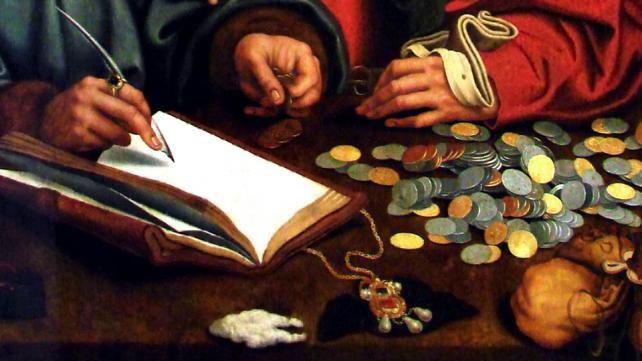Narrated Abu Huraira Raziallahu Taala Anhu : The Prophet Mohammed ﷺ said, “Whoever takes the money of the people with the intention of repaying it, Allah will repay it on his behalf, and whoever takes it in order to spoil it, then Allah will spoil him.”
The Prophet Mohammed ﷺ stated: ‘A Muslim is the brother of another Muslim. He should not mistreat his brother or hand him over to the enemy. The person who fulfils the need of his Muslim brother, Allah will fulfil his need. That person who expels a difficulty from his Muslim brother, Allah will remove his difficulty on the Day of Judgement.’ (Sunan Abu Dawood vol 2, p314)
The taking of a loan is not something that a respectable individual would do manage without need, to create a burden upon themselves. When it is a necessity, then individuals should seek to assist their relatives and Muslim brothers, according to ones capability.
The Virtue of Lending Money (loans in Islam) :
Sayyidina Anas bin Malik related that the Prophet Mohammed ﷺ stated: ‘During the journey of Me’raj, I saw written on the door of Jannah: ‘The one who gives charity is rewarded tenfold. The one who gives a loan is rewarded 18 fold.’
I asked Jibrail : ‘Why does the one who gives a loan get rewarded more?’ Jibrail replied ‘The one who gets charity (they usually posses a small amount already) and the one who seeks a loan only does so when he is in dire necessity.’ (Sunan Ibn Majah, P175)
The basic rules for borrowing and lending in Islam (Surah Baqarah, 282)
The Holy Qur’an mentions that, when the matters of borrowing money arise, whether it be for small or large amounts, it should be written down in an agreement or contract.

Likewise, if conceivable this transaction should take place in front of two witnesses, so that there is no dispute at a later stage.
A few Scholars state it is best and some state it mandatory to write down a loan transaction (Islamic loans)
In the event that for any reason, in the future there is a dispute, this written document can be produced as proof. In the Shari’ah, it is not a sin to take a credit (non-interest) in the condition of necessity. In any case, to not return the borrowed money is oppression and a sin.
Prophet Mohammed ﷺsaid : ” Pay the deposit to him who deposited it with you, and do not betray him who betrayed you”.
O Allah ! save us from Haram and make what is Halal sufficient for us and through your Mercy and Blessings do not make us needy of others. نѧѧآمي Aamin! (Jami Tirmidhi, vol 2, p195)’
Related Link :
Islamic banking and finance
Institute of Islamic Banking and Insurance




